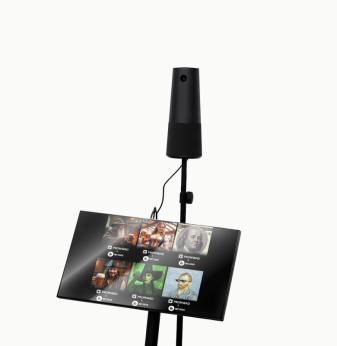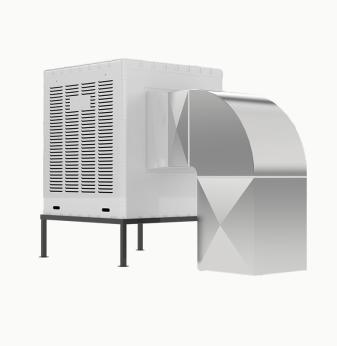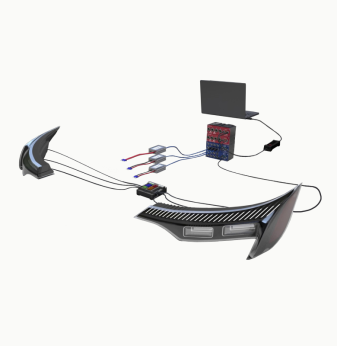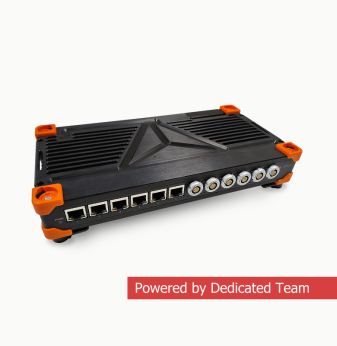Top 7 Debugging Tools for Embedded Systems in 2025
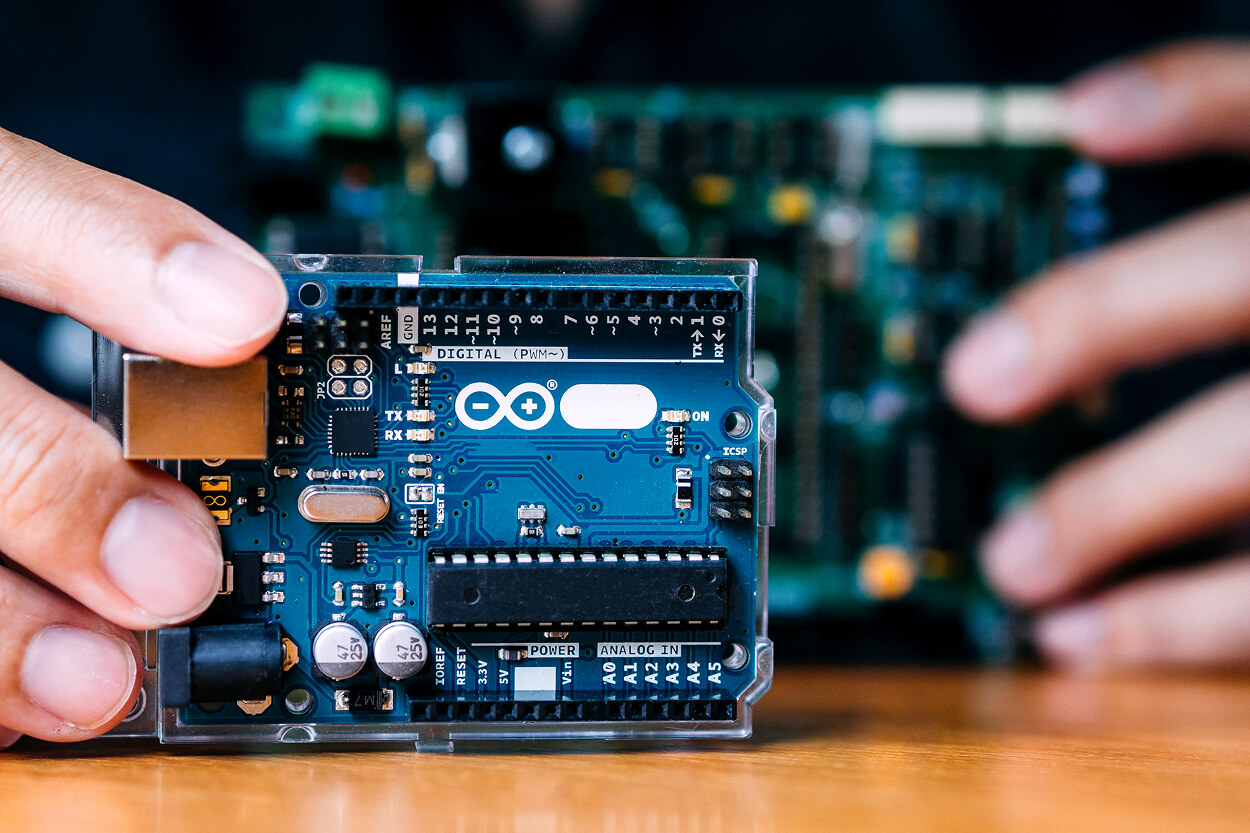
Embedded systems are the backbone of modern technology, powering everything from consumer electronics to automotive and industrial control systems. As embedded software grows more complex, the importance of robust debugging tools has never been greater. In 2025, developers need tools that offer deeper insight, faster diagnosis, and smoother workflows.
In this article, we present the top 7 debugging tools for embedded systems in 2025, selected based on performance, popularity, innovation, and developer feedback.
1. SEGGER J-Link Debug Pro
Overview:
SEGGER's J-Link line remains a go-to solution for embedded developers, and the 2025 Debug Pro version introduces faster communication protocols and improved power analysis.
| Feature | Benefit |
| Ultra-high-speed SWD | Faster debugging and flash programming |
| Power Debugging | Integrated current consumption monitoring |
| Wide MCU support | Supports ARM Cortex-M, RISC-V, Renesas, and more |
2. Lauterbach TRACE32
Overview:
TRACE32 by Lauterbach continues to dominate in high-end debugging, especially for complex automotive and multicore systems.
| Feature | Benefit |
| Multicore Trace Support | Debug complex multicore embedded applications |
| OS-aware Debugging | Supports real-time OS introspection |
| Automotive Compliance | ASIL-certified for safety-critical applications |
3. ARM Keil MDK + ULINKpro
Overview:
The Keil Microcontroller Development Kit (MDK) paired with ULINKpro offers a complete solution for ARM Cortex development, now enhanced with AI-powered code suggestions in 2025.
| Feature | Benefit |
| Real-time Trace | Non-intrusive event tracking |
| Code Coverage | Ensure full test validation |
| IDE Integration | Seamless experience inside Keil uVision |
4. IAR Embedded Workbench with I-jet
Overview:
IAR's Embedded Workbench continues to offer a robust IDE and debugging combo. The 2025 update includes cloud-based diagnostics and collaborative tools.
| Feature | Benefit |
| Power Debugging | Real-time power profiling |
| Cloud Sync | Debug sessions synced across teams |
| RTOS Awareness | Enhanced FreeRTOS and Azure RTOS support |
5. GDB with OpenOCD
Overview:
GDB (GNU Debugger) with OpenOCD (Open On-Chip Debugger) remains a preferred open-source option, and in 2025 it features better RISC-V integration and multicore support.
| Feature | Benefit |
| Open-source Flexibility | Highly customizable and scriptable |
| Wide Hardware Support | Works with JTAG, SWD, and various adapters |
| Community Ecosystem | Strong support through active development |
6. Renode by Antmicro
Overview:
Renode is an open-source simulation framework that enables virtual debugging of complex embedded systems. It’s particularly useful for CI/CD environments in 2025.
| Feature | Benefit |
| Hardware Simulation | Debug without physical hardware |
| Automation Ready | Easily integrates into test pipelines |
| Multivendor Support | Emulates platforms from ARM, RISC-V, and others |
7. PEmicro Multilink + Cyclone FX
Overview:
PEmicro continues to provide reliable in-circuit programming and debugging tools, especially for NXP microcontrollers.
| Feature | Benefit |
| Secure Flash Programming | Supports production programming with security |
| Multidevice Support | Ideal for large-scale hardware test setups |
| Cost-Effective | Budget-friendly for development teams |
Industry Trends and Upcoming Events
Key Trends in 2025
- Increased Adoption of RISC-V: With more silicon vendors supporting RISC-V, tools like GDB and SEGGER are evolving rapidly to offer enhanced RISC-V debugging support.
- Virtual Debugging for CI/CD: Emulation tools like Renode are becoming essential in DevOps environments, allowing scalable testing before hardware is available.
- AI-assisted Debugging: Platforms such as Keil MDK are integrating AI-driven code analysis to help developers identify bugs faster and optimize performance.
- Focus on Power Efficiency: Tools with integrated power analysis (like J-Link Pro and IAR Workbench) are in high demand for wearable and battery-sensitive applications.
These trends point toward a deeper transformation that becomes fully visible in 2026. As embedded systems scale in complexity and deployment size, debugging increasingly moves beyond single-device inspection toward anomaly detection across entire firmware lifecycles. Instead of relying solely on breakpoints, traces, and manual reproduction, engineering teams begin using AI models to learn normal system behaviour, detect subtle timing and power deviations, and surface issues that only appear after thousands of runtime hours in the field. This evolution is explored in more detail in an analysis of AI-assisted debugging in 2026, which shows how anomaly detection becomes a core capability for firmware development, OTA validation, and long-term device reliability.
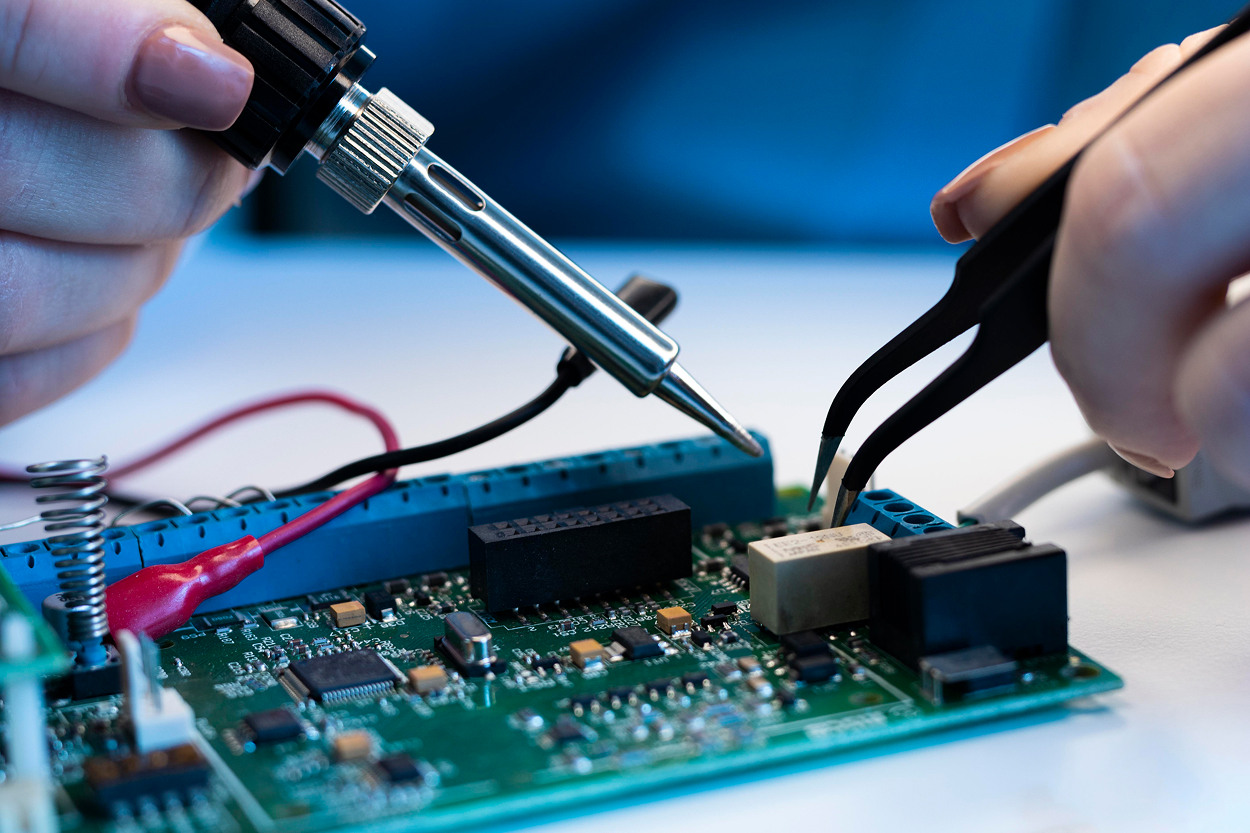
Upcoming Industry Events
| Event | Date | Location | Highlights |
| Embedded World 2025 | March 11–13 | Nuremberg, Germany | Live demos of SEGGER, IAR, and Lauterbach tools |
| RISC-V Summit Europe 2025 | June 10–12 | Munich, Germany | Debugging RISC-V at scale, OpenOCD innovations |
| Arm DevSummit 2025 | October (TBA) | Online | Roadmap for Keil, ULINKpro, and AI-powered tools |
| OSADL Safety Conference | November (TBA) | Heidelberg, Germany | Functional safety tooling and automotive standards |
Conclusion
Debugging embedded systems in 2025 demands tools that go beyond breakpoints and basic logs. The top 7 tools highlighted here are chosen for their innovation, reliability, and ability to support modern development practices like CI/CD, power analysis, and safety compliance.
Whether you're developing a real-time system for automotive applications or prototyping on a microcontroller board, selecting the right debugging tool can make or break your project timeline and product quality.
Our Case Studies

